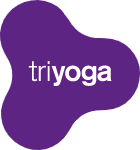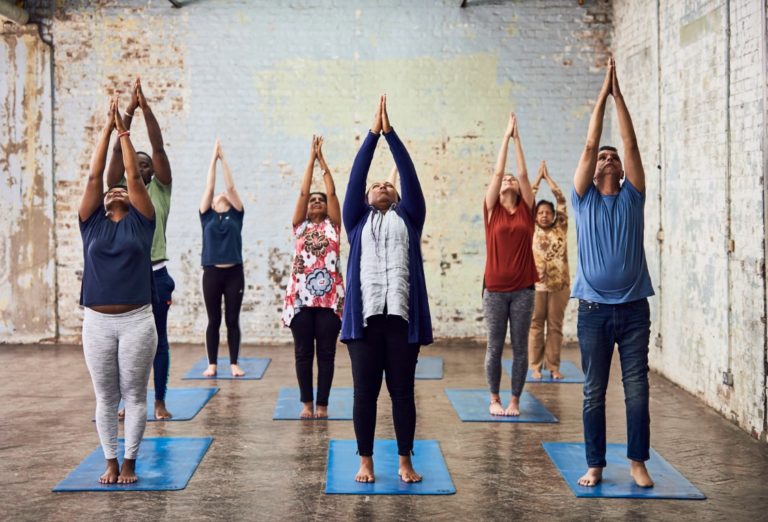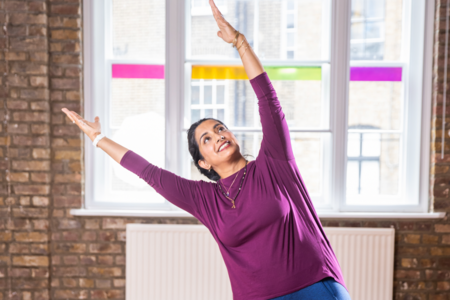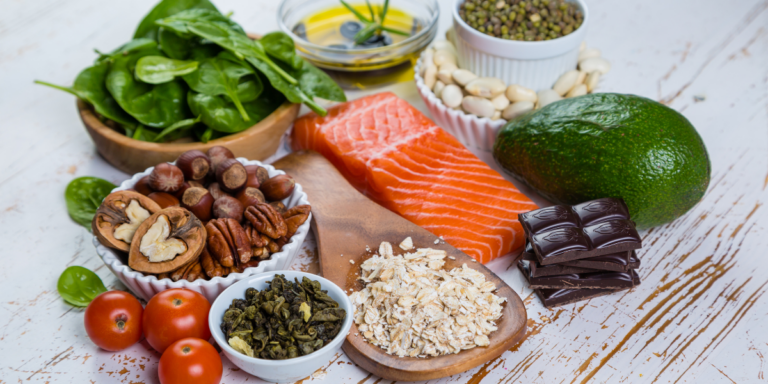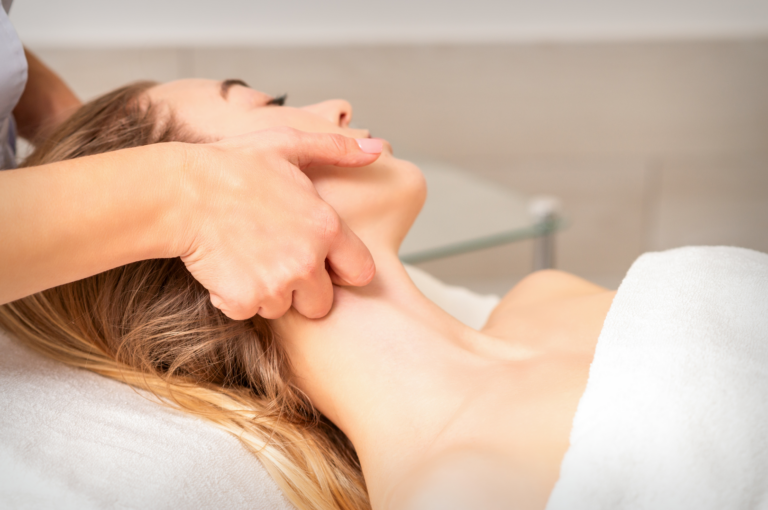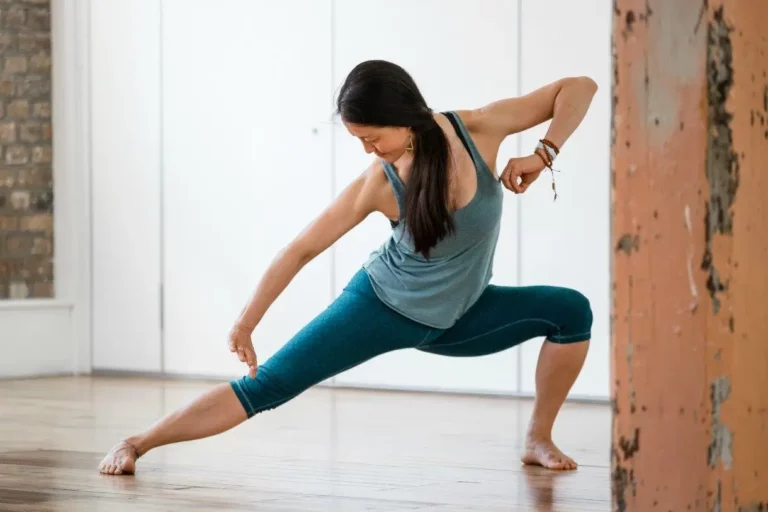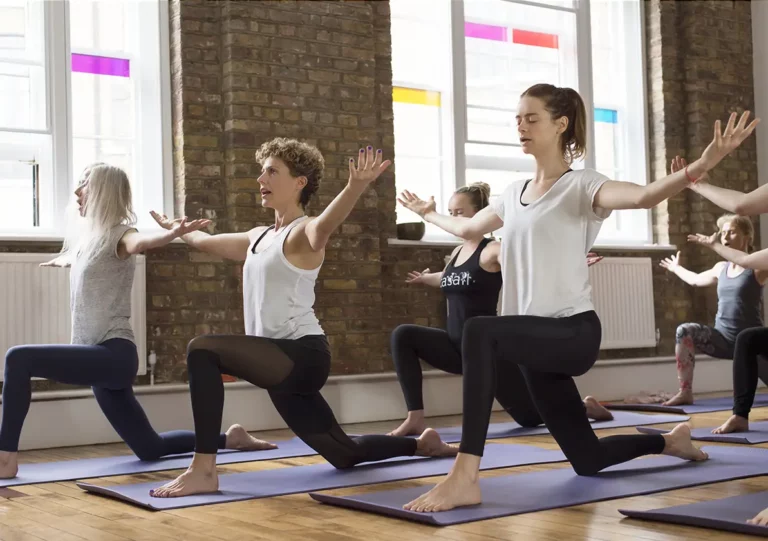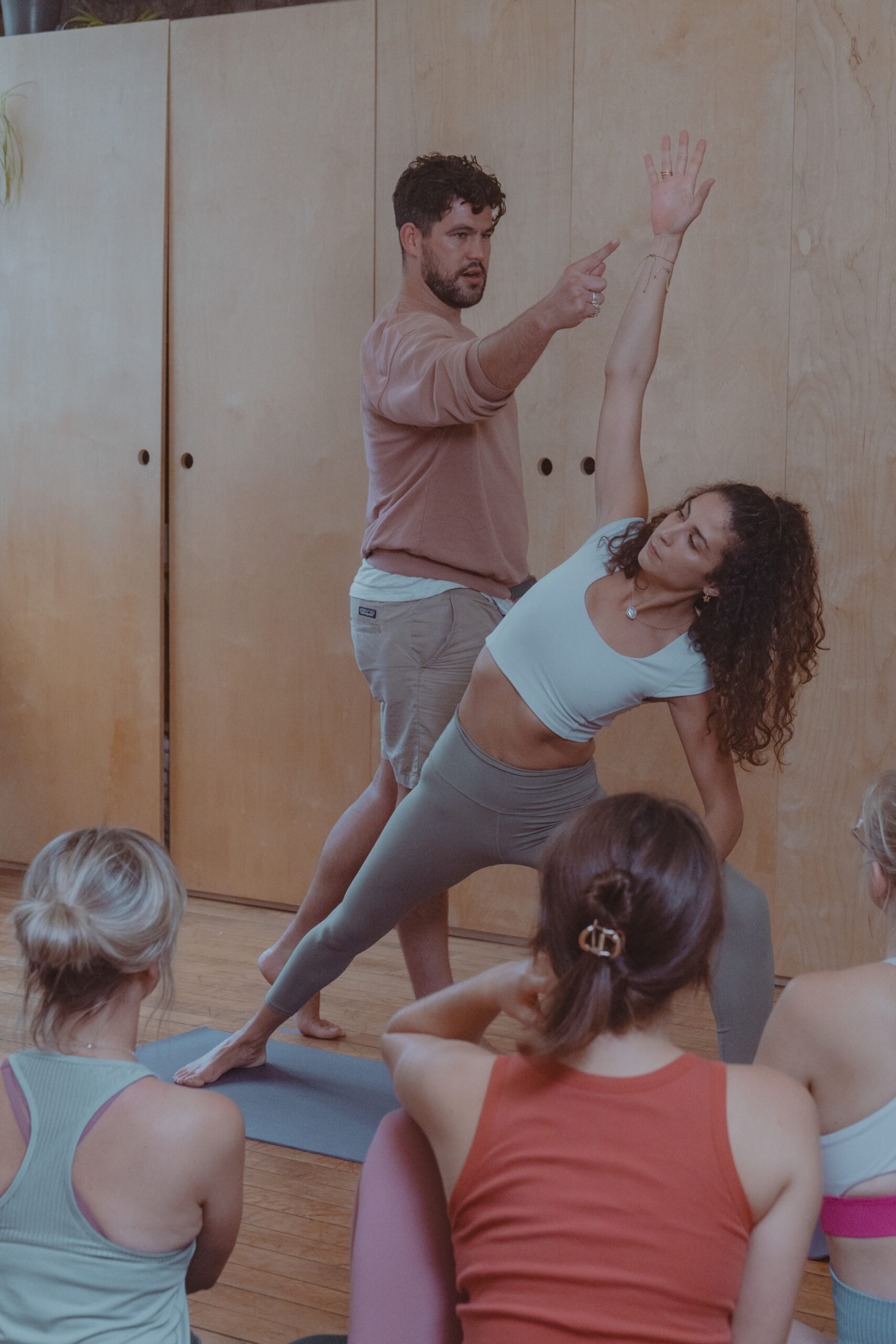OURMALA enables refugees and asylum-seekers to rebuild their lives using the transformative power of yoga and meditation. They offer free yoga classes as well as travel refunds, hot meals, an English programme and access to other legal, educational and health services. As part of our new schedule, we’re excited to host a weekly OURMALA yoga class in Soho during term time. Founder and CEO, Emily Brett shares the inspiration behind OURMALA as well as information on their volunteer teacher programme and insight into the powerful work they are doing within the community.
What inspired you to form OURMALA?
Having practised yoga and meditation for a number of years, I wanted to live life by my deepest understanding of what it was. OURMALA is my vocation. I wanted to put the principles of yoga into practice by actively practising complete trust in life and living from my heart. I was also so grateful for having been given yoga and meditation in my life. From the very beginning in 2011, OURMALA was an offering to all that is greater than myself in thanks. It is also my best shot at yoga teaching.
I teach asana, but yoga is so much more than asana. I think actions speak louder than words so OURMALA is meant to be an example of yoga practice too – in all its eight parts, to the best of my (always limited, always evolving) understanding. Yoga and all life are sacred – the antithesis of superficial – and I feel this deeply. I am a quiet person by nature and I wanted to honour the quiet, the intense, healing beautiful landscape of silence, self-reflection and all that yoga is at essence. OURMALA is my attempt at this.
On the social justice side, I was appalled to find out how people who need a safe refuge and international protection live in our city. Refugees and asylum-seekers have suffered too much already. They are not only stigmatised by the fear-mongering negativity of much media, but if you’re in the asylum-system, you’re not legally allowed to work despite education or experience, so most live in limbo on £35 a week for everything and most women have experienced gender-based violence. I experienced childhood trauma and later gender-based violence and even with my sweet and stable family background, it was incredibly hard to get through. I can’t think how hard it must be for the people we serve, separated from their families and homelands.
I was inspired by two people I’d call modern day saints in Mysore – Dr Rajini and Dr Vidyasagar – who have dedicated their lives to running a charity that helps children and adults with a variety of difficulties called Chetanah Trust. I volunteered with them a few times on visits to Mysore. Their everyday actions were a great part of their devotional practice, which made sense to me. I was also inspired by a yoga project with war orphans in Kabul, Project Air in Rwanda and Africa Yoga Project. I didn’t assume yoga would be helpful to refugees and asylum-seekers, I tried yoga for refugees out at the British Red Cross with a group of refugee women and they found it immensely empowering and healing and asked for more. I had a background in sustainable development communications and security and human rights so OURMALA draws together a few of my interests.
Life is better when we make space and welcome the marginalised – whether this is listening and allowing in the oppressed parts of ourselves or those on the outskirts of society like refugees. Often, the marginalised have the most valuable contributions to make but no one wants to hear. OURMALA stands for compassion, interconnection and social justice.
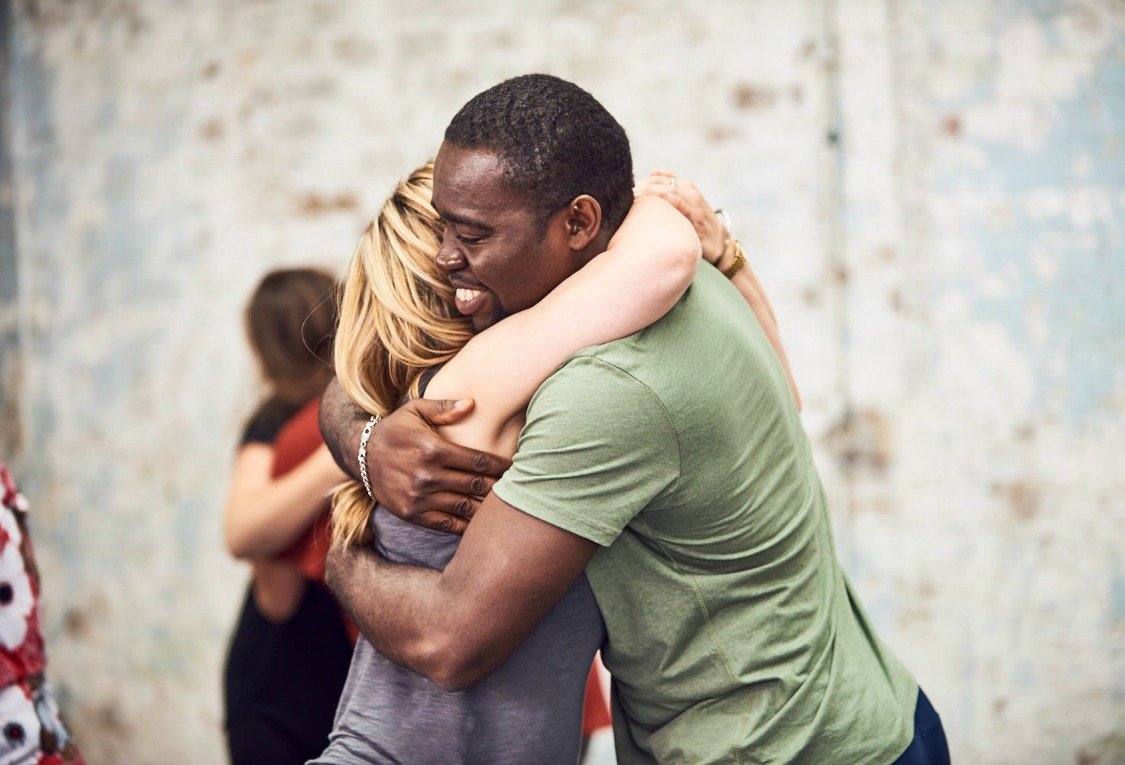
Who are the beneficiaries of your work, what are their life experiences that led them to the UK?
We support people who need international protection, such as refugees and survivors of war, torture, sexual violence, human trafficking and modern-day slavery. They are from some of most dangerous conflict and corrupt zones in the world. We mainly work across Greater London but have taken the first step to roll out the programme across the UK by piloting the programme in Edinburgh. We work with women, men, young people and children. Yoga is free for all those that attend, and we also provide travel refunds, some hot meals, an English programme and access to other support needed, such as legal advice, education and health services.
Most are registered with the UK Home Office and many are left with nightmares and flashbacks as well as depression. It is not uncommon for the children who accompany their mothers to have been born as a result of rape. Women at the session survive on snatches of sleep, not because of their crying babies, but because of their trauma. Some travel for as long as two hours each way to make the classes and for many, when we provide food after yoga, it’s the first hot meal of the week and a rare chance for friendly interaction.
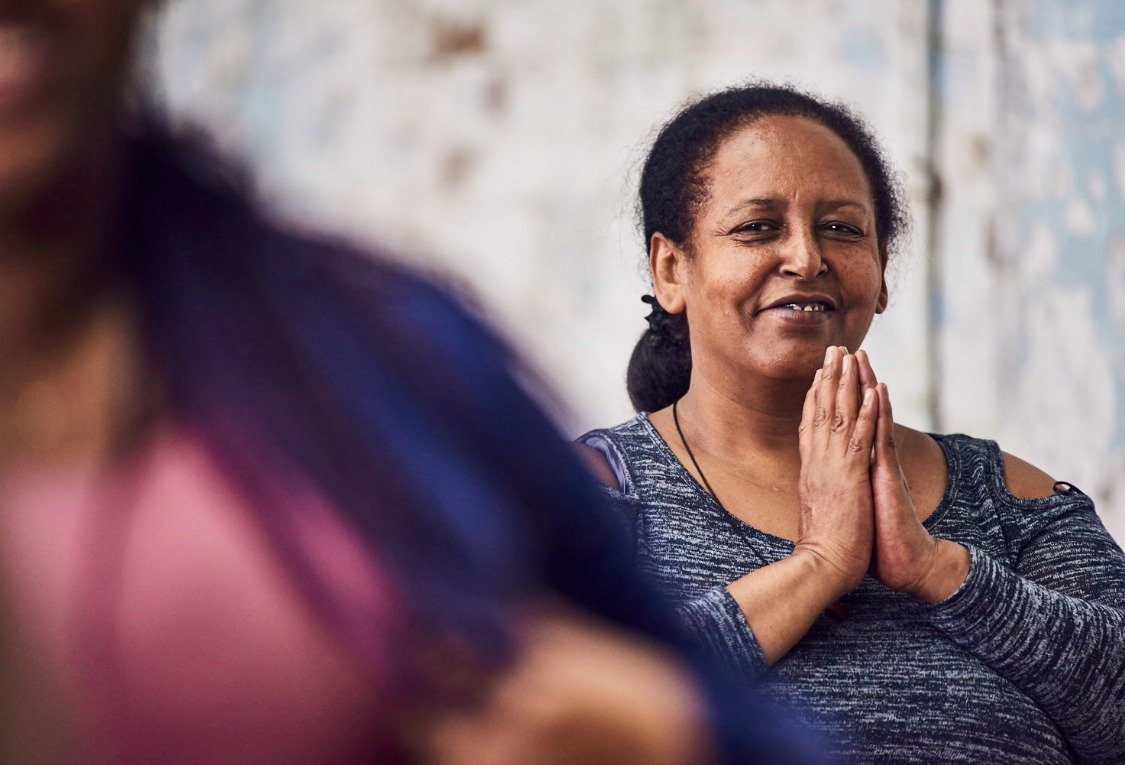
Why does yoga help them and their mental health / integration into UK society?
Refugees and people seeking asylum, who have experienced trauma, struggle with sleep and often have a lot of shame around their bodies, particularly those who have been raped, abused or tortured. Yoga puts them back in touch with their bodies and can enable them to feel safe in themselves again and then in the world. Yoga is deeply grounding and the people we work with especially need love and reassurance and grounding, which are qualities that yoga often naturally inspires in practitioners.
Rest and meditation are built into the class, for a few minutes yoga enables them to find rare stillness and silence in their bodies. Yoga is – at heat – breathing. The more one can connect with the breath and allow oneself to trust and be moved by the breath, the more the past falls away and the present moment opens up with feelings of safety. Breath and movement calm the nervous system and the mind. We teach techniques that are valuable off the mat, to calm down when at the home office or encountering setbacks in their day-to-day lives.
Yoga isn’t about creating dependency – it’s the opposite. It empowers people to reconnect and rebuild from the inside. We know this from independent evaluation of our programme, which also shows that clients find yoga significantly helps them rebuild their lives and integrate into society better. It might take weeks or even months, but eventually chins lift, they look you in the eye and they reclaim their space as the beautiful, dignified people that they are. They feel safe enough to start letting their own life through and being themselves again.
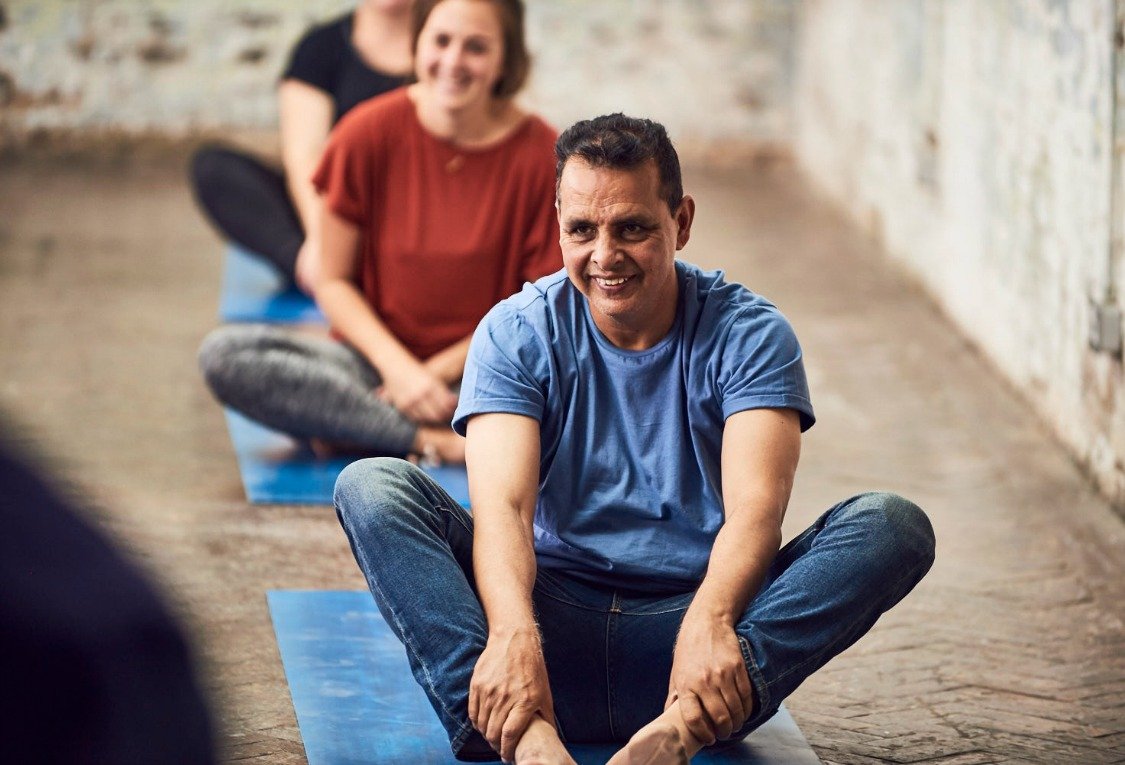
How do you work with yoga teachers?
OURMALA has just over 80 team members, many of whom are volunteers. For yoga teachers to work with us, they must first take our weekend course www.ourmala.com/training. They then volunteer with us for six months; and if after this it’s a fit, we then pay them subject to funding. However, if someone can’t afford to volunteer, we would offer them payment from the start as we strongly believe that working towards social and environmental justice should not reliant on financial privilege.
We work with teachers from all yoga backgrounds. However, when they are teaching for OURMALA, they need to commit to teaching our programme. This comprises best practice elements in the yoga class, teaching principles and a practical framework of guidance that together makes-up our specialist and evidenced-based yoga programme. The programme’s impact has been independently evaluated in improving mental and physical health and enabling our clients to integrate better into UK society. There is also a lot of flexibility in our programme and teachers say that they really love teaching for OURMALA and find a lot of freedom in the programme too.
OURMALA is always looking for teachers who are interested in deepening their awareness about people who need international protection. It is good practice for teaching yoga to diverse groups, whilst supporting life-changing work.
